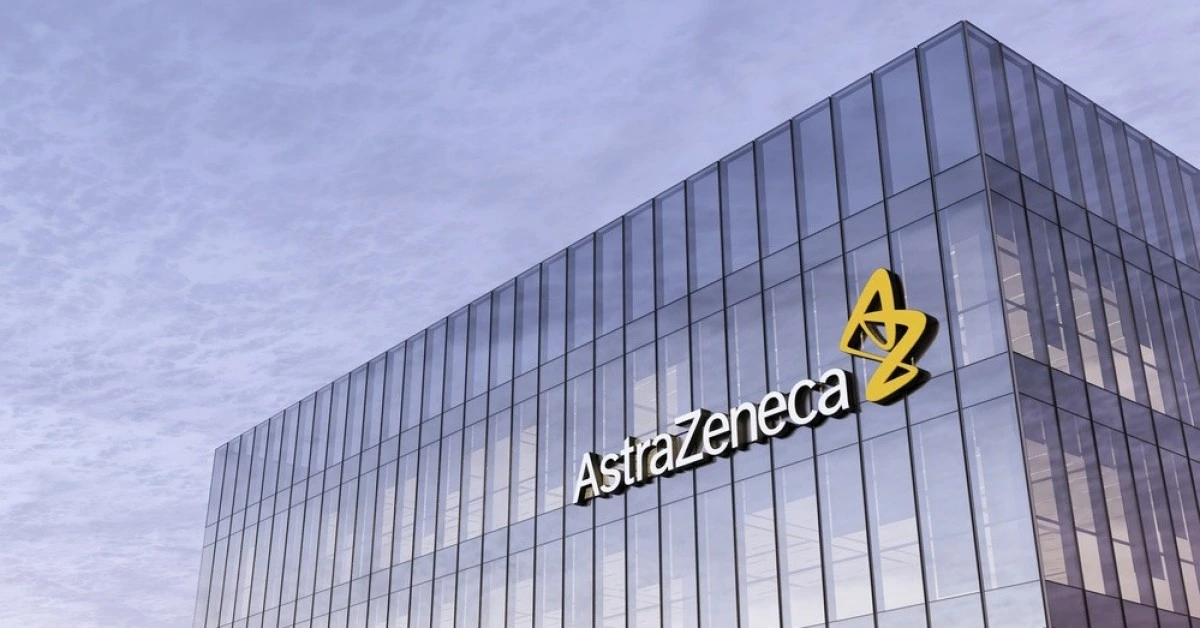
U.K. – AstraZeneca has marked a pivotal moment in its oncology portfolio with two new approvals for its cancer therapies Imfinzi and Enhertu in the European Union.
These regulatory milestones are set to broaden treatment options for patients and position the company favorably, even as its top-selling EGFR inhibitor Tagrisso faces stiff competition from rival combinations like Johnson & Johnson’s Rybrevant and Lazcluse.
The first breakthrough comes with Enhertu (trastuzumab deruxtecan), a collaborative product with Daiichi Sankyo that has now received clearance from the European Commission for use in advanced breast cancer patients.
Specifically, Enhertu is approved for patients with hormone receptor-positive (HR-positive) breast cancers who exhibit low or ultra-low levels of the HER2 biomarker, and who have previously been treated with endocrine therapy but are not suitable for further endocrine rounds.
This approval is particularly significant as it establishes Enhertu as the first approved option for the HER2-ultra-low subgroup, unlocking a substantial new patient population.
Research suggests that approximately 60% to 65% of HR-positive, HER2-negative breast cancers fall into the HER2-low category, with an additional 25% potentially qualifying as HER2-ultra-low.
The approval is based on compelling data from the DESTINY-Breast06 trial, which showcased a response rate exceeding 60% and a 38% improvement in progression-free survival compared to chemotherapy.
With global sales already surpassing US $3.75 billion last year, Enhertu’s new label in Europe is expected to drive further revenue growth and reinforce its blockbuster status.
The second approval is for Imfinzi (durvalumab), AstraZeneca’s PD-1 inhibitor, which has been approved for use in early-stage non-small cell lung cancer (NSCLC).
Imfinzi is now cleared for perioperative use – in combination with chemotherapy before surgery and as a single agent after surgery – in NSCLC patients who are at high risk of recurrence and whose tumors do not harbor EGFR or ALK mutations, which would otherwise make them candidates for targeted therapies.
This approval positions Imfinzi as a viable alternative to competitors such as MSD’s Keytruda (pembrolizumab), which was previously approved for similar perioperative use.
In the AEGEAN trial, the Imfinzi regimen demonstrated a 32% reduction in the risk of cancer recurrence, progression, or death compared to chemotherapy alone, providing a strong clinical rationale for its expanded role in early-stage NSCLC.
With the new label, Imfinzi is set to build on its impressive performance, having grown 21% to US $4.7 billion in revenue last year.
These dual approvals are a strategic response by AstraZeneca to maintain its competitive edge in the dynamic oncology market.
While Tagrisso has long been the cornerstone of its cancer portfolio, increased competition, particularly from J&J’s emerging drug combinations, has prompted the company to diversify its offerings.
XRP HEALTHCARE L.L.C | License Number: 2312867.01 | Dubai | © Copyright 2025 | All Rights Reserved